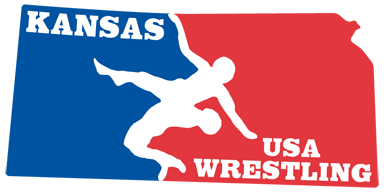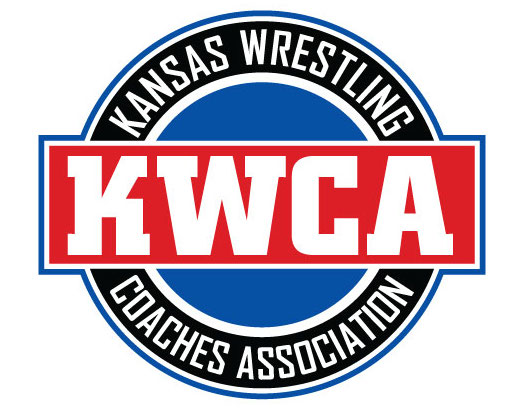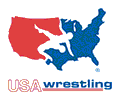I think, from what I read from way back at the beginning of this thread, the question is not rules, but how to improve within them.
As one who coached in Kansas and in one of the "traditional wrestling states" as well let me say that Kansas wrestling really is pretty good. For a state that has very few college (of any level) wrestling programs and less than 200 high schools (last I knew) that even have wrestling, it is still a popular, well-coached sport with many passionate followers.
First, there needs to be a dedication to fundemental wrestling. High school coaches need to work closely with their clubs and middle schools to establish fundmental standards for stance, movement, basic takedowns (snapdowns, singles, doubles), basic bottom moves (stand-ups, stand-ups and stand-ups) and basic rides (not legs) and basic turns (halfs and arm-bars). By the time a kid is ready for high school wrestling, those basics should be second nature. The more advanced stuff can come once those basics are mastered.
Second, lose the junk. Headlocks and spladles are not solid fundemental wrestling moves. They are junk and better saved for "funny clinic move day" at high school practice.
Third, avoid burnout. Too many matches at too young an age can burn kids out. We have kids in our program right now whose parents and club coaches have pushed them into so many tournaments by age 10 that they've given up the sport altogether. State Kids' titles are nice and all, but if by age 12 a kid is so wrestled out that he equates wrestling to taking out the trash (10 bonus points if you can name the movie reference!), what good has it done? Kids' programs should be about learning, not winning and losing.
High school coaches need to find someone in the community (or surrounding area), that is not a part of the high school staff who can coach those kids in the time that the high school coach can't. This needs to be a trustworthy person who understands what the high school coach wants and is willing to do what is asked if them. Those people exist if you take the time to find them.
Finally, stop using the existing rules as an excuse. Rules are what they for a reason, and Kansas's rules (like many states) are in place to encourage kids to be multi-sport athletes. As I mentioned before, there is a wonderful, positive passion in the Kansas wrestling community ��one I miss to be honest with you � so long as it doesn't become misguided.
It's not about State Championships, or D-I recruits or All-Americans at Fargo. It's about the greatest sport of them all and how it prepares young people for life. Anything else is just gravy. Never lose sight of that.







